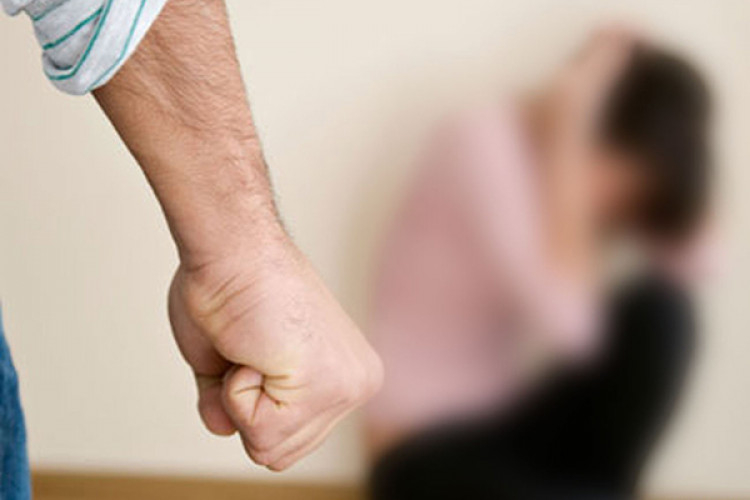
An increasing number of women are overcoming stereotypes about violence being a private issue and choose to speak up. Although the perception of gender-based violence is changing, the phenomenon still persists, and specialists who interact with victims encounter great difficulties in trying to change the situation. Violeta Andriuța, a lawyer at the Women's Law Center, has told IPN, in the context of the national campaign "16 days of activism against gender-based violence", that in the Republic of Moldova the belief that women should obey men is deeply rooted.
Violeta Andriuța argues that the center she represents helps women obtain protection orders, obliging the aggressor to follow a psychological counseling, resocialization program. Unfortunately, she knows of only one case when the aggressor followed this program. "Even if we have legal mechanisms to reduce the violent behavior of the aggressor, we do not have a mechanism to make the aggressor follow this program," stressed Violeta Andriuţa
According to Ion Oboroceanu, head of the Law Center in Causeni, statistical data on the phenomenon of gender-based violence do not reflect the reality. Victims still do not have confidence in service providers, the police, the prosecutor's office, courts, etc. Although everyone says that it is a good law, it is not sufficiently known by service providers, law enforcement agencies, social assistance. Victims do not know their rights either. Many women are invisible victims, no one knows about their problem, and if someone witnesses the aggression, they prefer not to get involved. Indifference is the rule, says Ion Oboroceanu.
In his view, new actions are needed to encourage victims of violence to report abuse and to access the services that are meant for them. Also, service representatives should not wait in their offices for the victims to come, but should go on site to meet the victims. Only then will the number of those affected be smaller. The head of the Law Center in Căușeni regrets that, although there are programs and services for aggressors, he has not heard of any case when an aggressor said that they had helped him.
Daniela Misail-Nichitin, the director of the Women program of La Strada International Center, says that in recent years, things have changed in terms of preventing, protecting and combating domestic violence. There are provisions that allow better protection of victims. As for sexual violence, a review of the legal framework regarding the sanctioning of rapists is required. Also, services are needed to provide better protection for women who are sexually abused.
Daniela Misail-Nichitin also maintains that at national level, there is no uniform practice regarding working with aggressors and very few know about the existing correction programs. Daniela Misail-Nichitin urges all those who have witnessed an act of violence to encourage the victim to ask for help, to request assistance and to notify the law enforcement bodies.
Today a group of MPs from the PAS group, ACUM Bloc, asked the Speaker of the Parliament, Zinaida Greceanîi, to include on the legislative agenda the ratification, until December 10, when the Human Rights Day is marked, of the Council of Europe Convention on preventing and combating violence against women and domestic violence, signed in Istanbul in 2017.
The start of "16 days of activism against gender-based violence" national campaign was given on November 25. In the Republic of Moldova, the campaign is taking place for the 17th consecutive year and has taken over this year's UN slogan: Orange the World: Generation Equality Stands against Rape!












